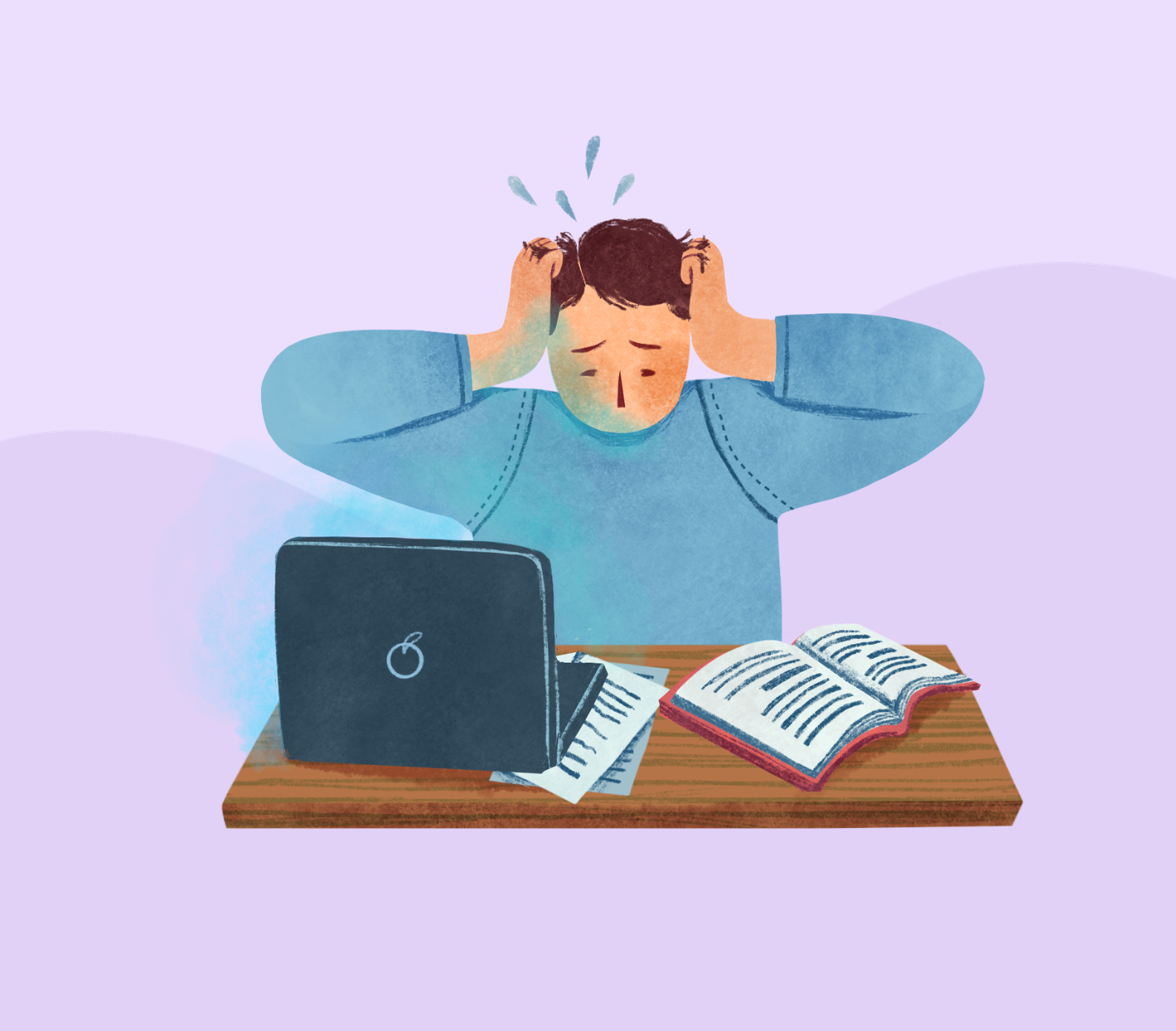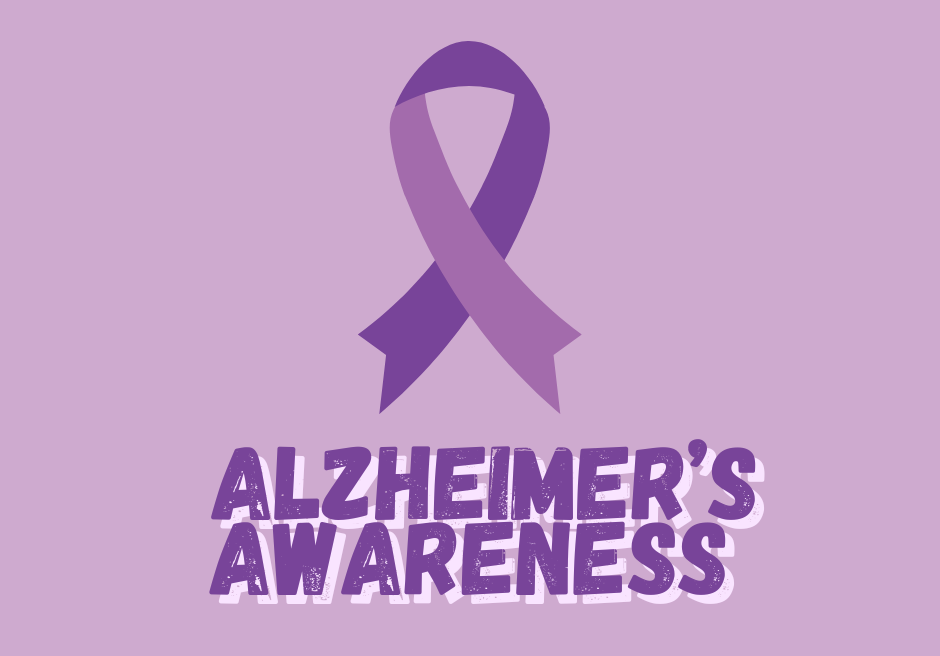Feeling stressed and anxious are two emotions that are very familiar among young people. In fact, according to the World Health Organization, anxiety disorders are the world’s most common mental disorders. Having to face life daily brings a different set of challenges that could upset the natural flow of peace an individual is feeling. These emotions can be caused by a variety of conditions including uncertainty about the future, pressure to perform, pressure from friends, family, and society, unrealistically self-imposed expectations, examinations, loss of a loved one, etc.
Since these are normal emotions that are felt by everyone, people cope with them in various ways; however, some others have a difficult time handling these situations which then tilt over and start affecting their mental and physical health negatively. Various coping mechanisms for these feelings exist, and I would like to share some that I have found to be quite helpful:
1. Do Not Overcommit Yourself
- By not overcommitting yourself, you are setting realistic goals and targets for yourself that would not put you under pressure to perform.
- Set realistic boundaries. Don’t allow people who make toxic comments and spread negativity into your personal space. In addition, avoid social media activities that expose you to apprehensive content.
- Learn to say NO. Do not be permissive to everything that comes your way. If you are not comfortable with something, say NO. You always have a choice.
- Learn to prioritize tasks. Try to pen down a list of things you have to do and tick them off one after the other. This will help your mind see that you are making progress, allocate the order of priority to attend to tasks, and help you eliminate unnecessary items.
2. Connect With Nature
- You can engage in outdoor activities that could help relax your mind! It could range from taking a stroll to planting vegetables, to hiking, to visiting a zoo.
- Rest adequately. Ensure that you get enough sleep every day, this helps to refresh your mind and keep you focused.
- Exercising and eating healthy can help to relax the mind and keep you going.
- Mediation and prayers are also helpful!
3. Social Relationships
- Humans are social beings and having a good social structure is a very important aspect of human nature. Invest in friends that invest in you. Learn to rely on your friends and family in times of need. When you are feeling overwhelmed, do not hesitate to unburden yourself by talking to them.This also helps to reduce isolation. Do not assume that you are a burden, they love you and are willing to help you.
- Try setting up dates with your friends to connect and spend time together.
- You can access youth support groups or mental health peer support workers for help or speak with a mental health professional if you are feeling overwhelmed.
4. Prioritize Yourself
- Be yourself. Do not pretend or try to conform to someone that you are not just to impress other people. You are unique, you are special, and you deserve to be comfortable in your skin.
- Be confident in who you are and know you’re worth. Avoid over-thinking and overworking.
- Dedicate time to do the things you love and to be with the people you love.
Everyone deals with stress and anxiety in different ways, but these are the ways I have found to be effective and I thought to share them with you! All that matters is your happiness and progress.





















